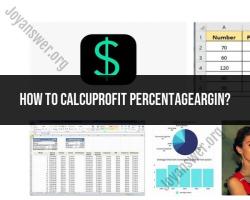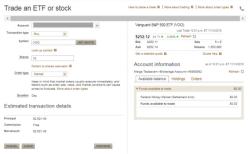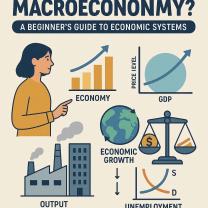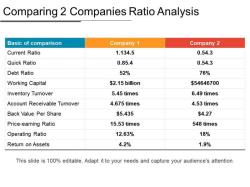Can you withdraw from a pension without a penalty?
The rules for withdrawing from a pension without a penalty depend on the type of pension plan you have and your age. In the United States, for example, there are different types of pension plans, including 401(k)s, IRAs (Individual Retirement Accounts), and traditional pension plans (defined benefit plans). Each has its own set of rules and penalties associated with early withdrawals.
401(k) and Traditional IRAs:
- In general, you can start making penalty-free withdrawals from your 401(k) or traditional IRA at age 59½. These withdrawals are subject to regular income tax, but there is no additional early withdrawal penalty.
- If you need to access your funds before age 59½, you may be subject to a 10% early withdrawal penalty in addition to regular income tax unless you qualify for an exception. Exceptions may include certain hardships, medical expenses, qualified first-time home purchases, or higher education expenses.
Roth IRAs:
- Roth IRAs have different rules. You can withdraw your contributions (not earnings) at any time without penalties or taxes because you've already paid taxes on the contributions.
- To withdraw earnings from a Roth IRA without penalties, you generally need to be at least 59½ and have held the account for at least five years. There are exceptions for certain qualified distributions, such as first-time homebuyers or for certain educational expenses.
Traditional Pension Plans (Defined Benefit Plans):
- Defined benefit plans, also known as traditional pension plans, have specific rules for distribution. These plans typically provide a set monthly benefit upon retirement, and there may not be an early withdrawal option like with 401(k)s or IRAs.
- If you're allowed to take early distributions from a traditional pension plan, it could be subject to penalties or reductions in your future benefits.
It's important to consult with your pension plan provider or a financial advisor to understand the specific rules and options for your pension plan. Additionally, tax laws and regulations can change, so it's essential to stay informed about any updates that may affect your retirement savings.
Withdrawing from a pension before the specified age and without qualifying exceptions can result in penalties, so it's generally advisable to use these funds for their intended purpose: retirement income.
Withdrawing from a Pension Without Penalties: Is It Possible?
In general, withdrawing funds from your pension before you reach retirement age can result in penalties. However, there are a few exceptions to this rule.
Exceptions to the early withdrawal penalty:
Reaching age 59½: Once you turn 59½, you can withdraw funds from your pension without penalty.
Substantially equal periodic payments (SEPPs): You can take penalty-free withdrawals from your pension if you take a series of substantially equal payments over at least five years.
Disability: If you become totally and permanently disabled, you may be able to withdraw funds from your pension without penalty.
Death: If you die, your beneficiaries can withdraw your pension funds without penalty.
Qualified reservist distributions: If you are a member of the military reserves and are called to active duty for at least 180 days, you may be able to withdraw funds from your pension without penalty.
Medical expenses: If you have unreimbursed medical expenses that exceed 7.5% of your adjusted gross income (AGI), you may be able to withdraw up to $10,000 from your pension without penalty.
Higher education expenses: If you are paying qualified higher education expenses for yourself, your spouse, or your dependents, you may be able to withdraw up to $10,000 from your pension without penalty.
First-time homebuyer: If you are a first-time homebuyer, you may be able to withdraw up to $10,000 from your pension without penalty.
Penalty-Free Pension Withdrawals: Rules and Exceptions
The specific rules and exceptions for penalty-free pension withdrawals vary depending on the type of pension plan you have. If you are considering withdrawing funds from your pension, it is important to consult with a financial advisor to understand the rules and exceptions that apply to your specific situation.
Managing Your Pension Fund: Options and Considerations
Pension funds are a valuable asset that can provide you with a steady stream of income in retirement. It is important to carefully manage your pension fund to ensure that it lasts throughout your retirement years.
Here are a few tips for managing your pension fund:
Understand your pension plan: Make sure you understand the terms and conditions of your pension plan, including the vesting schedule, retirement age, and payment options.
Contribute as much as you can: If your employer offers a matching contribution, take advantage of it to maximize your savings.
Invest wisely: If your pension plan allows you to choose your investments, make sure you invest your funds in a way that is appropriate for your age and risk tolerance.
Rebalance your portfolio regularly: As you get closer to retirement, you may want to rebalance your portfolio to shift your investments towards more conservative options.
Seek professional advice: If you have any questions about managing your pension fund, consult with a financial advisor.













